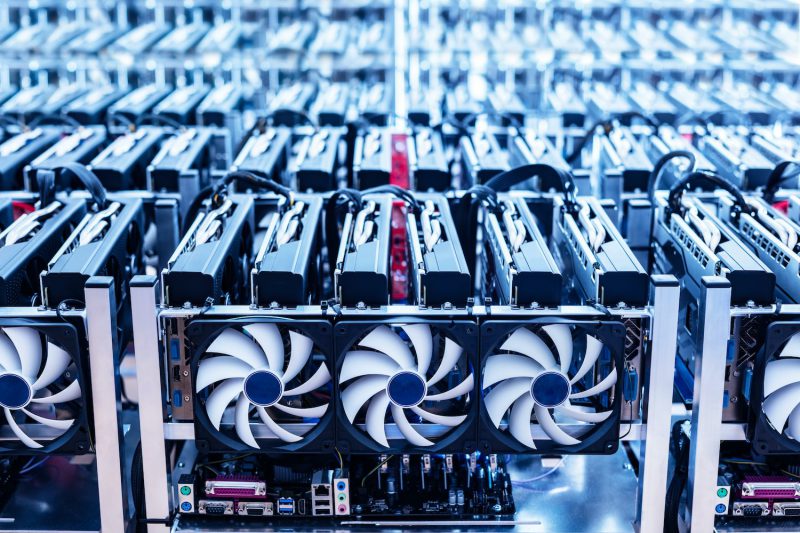Bitcoin mining company Bitzero is building its central headquarters valued at $500 million in North Dakota.
Bitzero blockchain is a 100% renewable bitcoin mining firm. It’s planning to build its headquarters for its North American operations in North Dakota. The plans for establishing the headquarters were discussed and announced in a press release. The plans were released by the North Dakota governor’s office with the presence of investors like Kevin O’Leary.


Bitzero’s $500 million HQ
Officials from the company claimed that they plan to invest $400-$500 million in the new data center, as well as a partnership with MHA Nation’s greenhouse project, which will allow heat from Bitzero operations to be used for food production all year.
“It helps Main Street, it helps every citizen, it takes our state off the dependence of being, as we have been for over 100 years, dependent on revenues at the state level.”
North Dakota’s Governor Doug Burgum
The exact location of the center is yet to be announced. The CEO said that it would be mostly constructed in Bismarck or Fargo. The data center is also set to employ 15-20 people for its operations. Bitzero, in the next two years, plans to build out 200 megawatts of data centers.


North Dakota was preferred as the location to build the plan due to the state’s goal of going carbon neutral by 2030, its energy industry, and favorable regulations and tax.
“Bitzero’s decision to locate its North American headquarters in North Dakota is yet another example of how our state is emerging as the location of choice for clean energy data centers supported by reliable, affordable electricity produced with environmental stewardship.”
Gov. Doug Burgum
Additionally, Bitzero is working in a joint venture to develop graphene battery technology to assemble and distribute the batteries. It is considered to be a $200-$500 million investment over the next two to three years.





